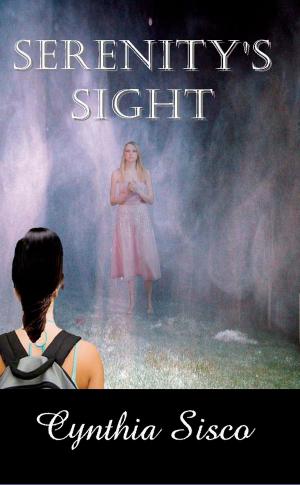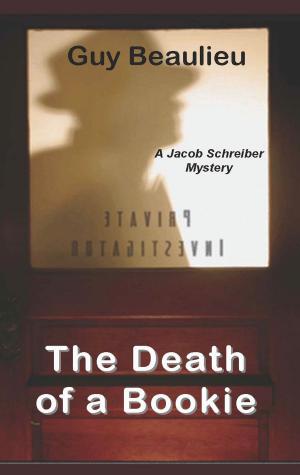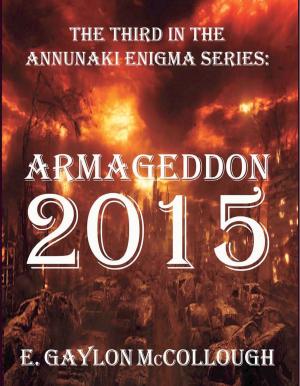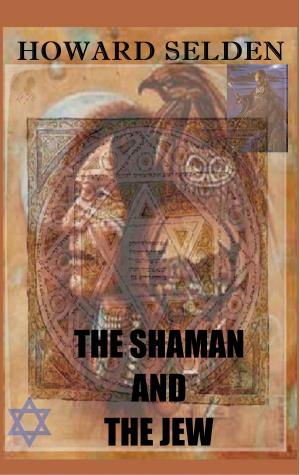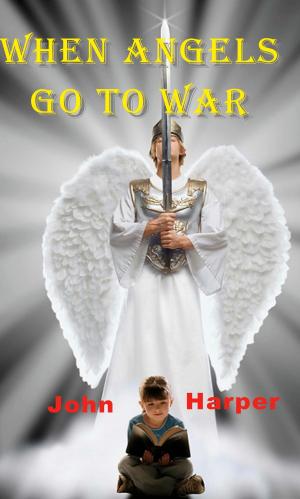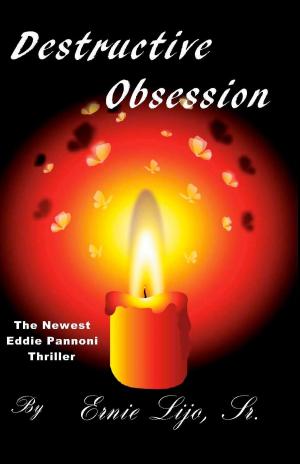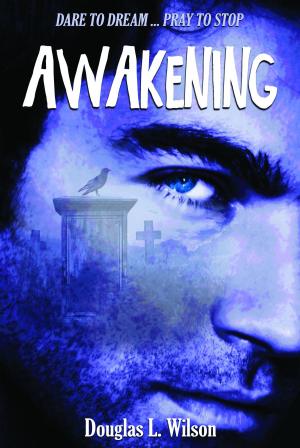| Author: | Howard S. Selden | ISBN: | 9781310267444 |
| Publisher: | A-Argus Better Book Publishers | Publication: | May 31, 2015 |
| Imprint: | Smashwords Edition | Language: | English |
| Author: | Howard S. Selden |
| ISBN: | 9781310267444 |
| Publisher: | A-Argus Better Book Publishers |
| Publication: | May 31, 2015 |
| Imprint: | Smashwords Edition |
| Language: | English |
This contemporary story, Wapasha and the Rabbi, mirrors the lives of a small group, while reflecting on the universal power of the past to influence human lives. This is poignantly revealed not only in the stories told by the two protagonists, but also in the stories told by some of the young people, who share their lives with Rabbi Itsak Cohen on an isolated farm in the back country of Texas.
Wapasha—a full-blooded American Indian, and the last Shaman of a dwindling Karankawan tribe—gained a medical school education, and is a practicing country doctor. The encounter of the Rabbi and Wapasha stunningly uncovers their compatible religious heritage, albeit from diametrically polar backgrounds. The Rabbi, a product of a European Jewish youth, while Wapasha’s Jewish faith was brought to the New World centuries earlier by a young Jew who had fled the Spanish Inquisition (as told in Selden’s book, The Shaman and the Jew).
The supportive relationship that evolves between the Rabbi (a Holocaust survivor) and Wapasha (a Vietnam War veteran) is central to the tale. Though the cause of their post-traumatic anguish is different, they recognize that their lingering and distressing emotional responses are the same.
This contemporary story, Wapasha and the Rabbi, mirrors the lives of a small group, while reflecting on the universal power of the past to influence human lives. This is poignantly revealed not only in the stories told by the two protagonists, but also in the stories told by some of the young people, who share their lives with Rabbi Itsak Cohen on an isolated farm in the back country of Texas.
Wapasha—a full-blooded American Indian, and the last Shaman of a dwindling Karankawan tribe—gained a medical school education, and is a practicing country doctor. The encounter of the Rabbi and Wapasha stunningly uncovers their compatible religious heritage, albeit from diametrically polar backgrounds. The Rabbi, a product of a European Jewish youth, while Wapasha’s Jewish faith was brought to the New World centuries earlier by a young Jew who had fled the Spanish Inquisition (as told in Selden’s book, The Shaman and the Jew).
The supportive relationship that evolves between the Rabbi (a Holocaust survivor) and Wapasha (a Vietnam War veteran) is central to the tale. Though the cause of their post-traumatic anguish is different, they recognize that their lingering and distressing emotional responses are the same.


